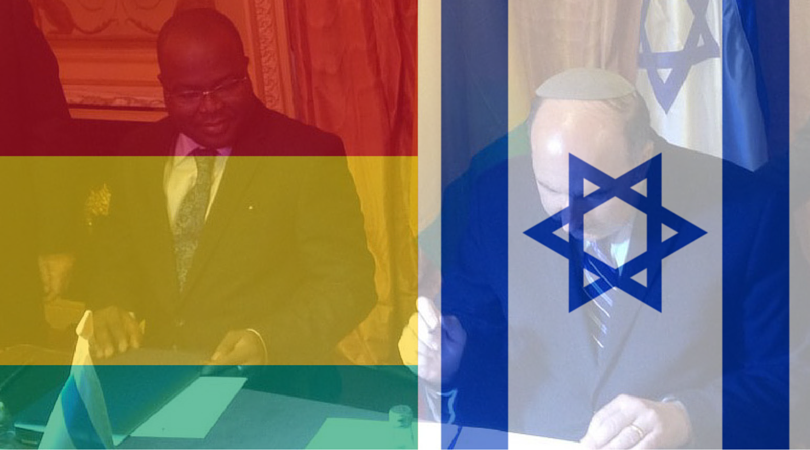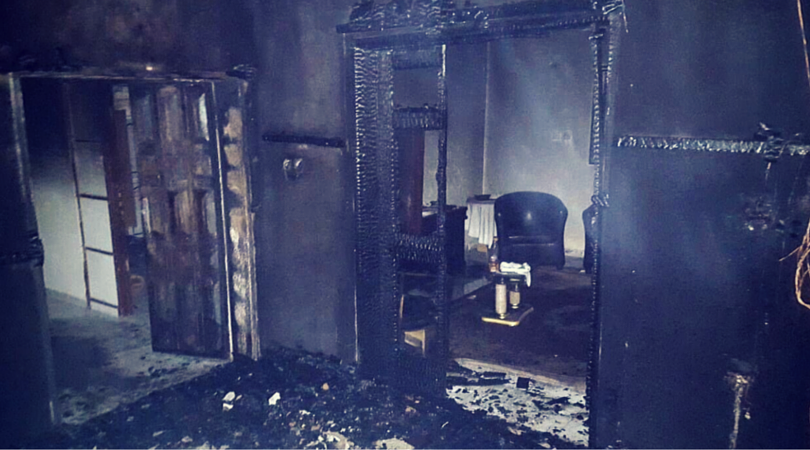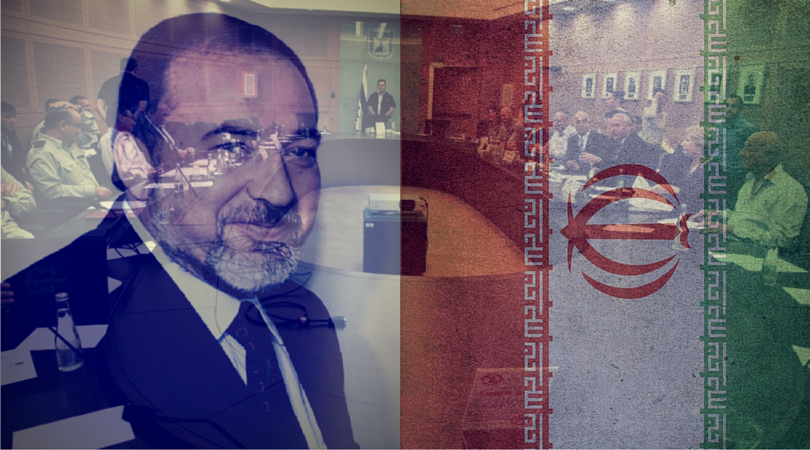Israel, represented by Ministry of Foreign Affairs Director General Dr. Dore Gold, and the Republic of Guinea (Guinea-Conakry), represented by Chief of Staff of the Guinean Presidency Mr. Ibrahim Khalil Kaba, signed an agreement renewing diplomatic ties between the two nations.
The two countries have not had diplomatic ties for almost 49 years, following the Six-Day War in 1967. Though Guinea is a country with a Muslim majority, it kept a close friendship with Israel throughout the years. Israel played a major part in the international effort to eradicate the Ebola virus that also struck Guinea. This may have fostered this initiative to strengthen ties between the two countries.
“Israel is ready to share its experience and abilities for the good of Guinea’s development needs in a wide range of areas, such as agriculture, water management and homeland security,” stated Director Gold.
This development came soon after Prime Minister Benjamin Netanyahu returned from a trip to Africa where he visited a number of countries to strengthen and upgrade the political, economic and security ties with Africa. A few months ago, Israel’s Knesset also launched the Africa Caucus where Netanyahu exclaimed: “Israel is coming back to Africa; Africa is coming back to Israel.”
In essence, Israel truly is part of a broader African dynamic.




